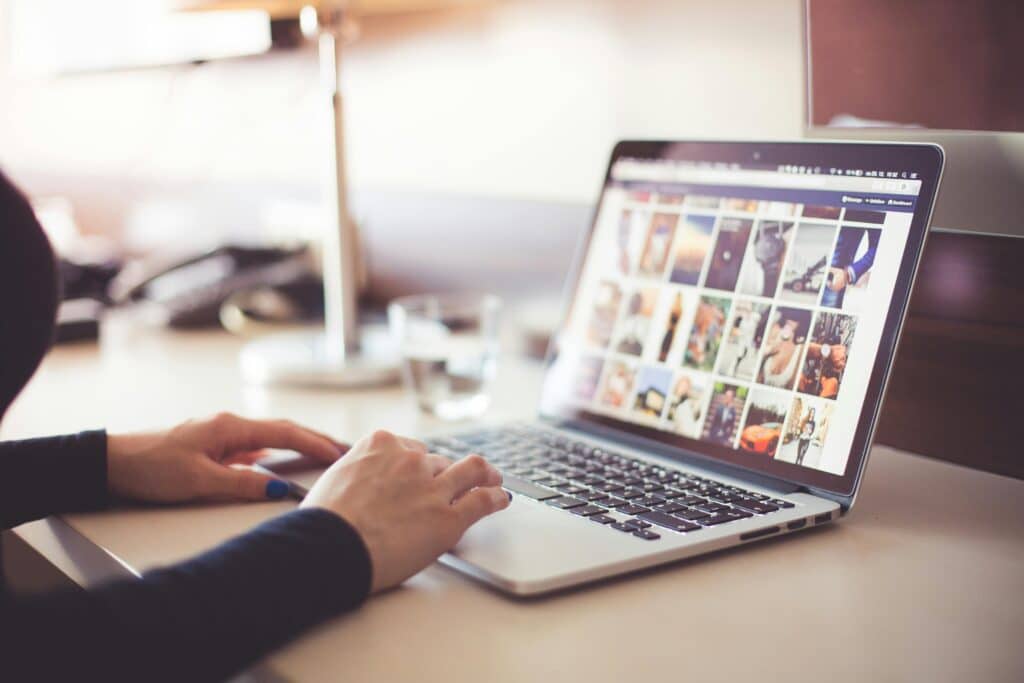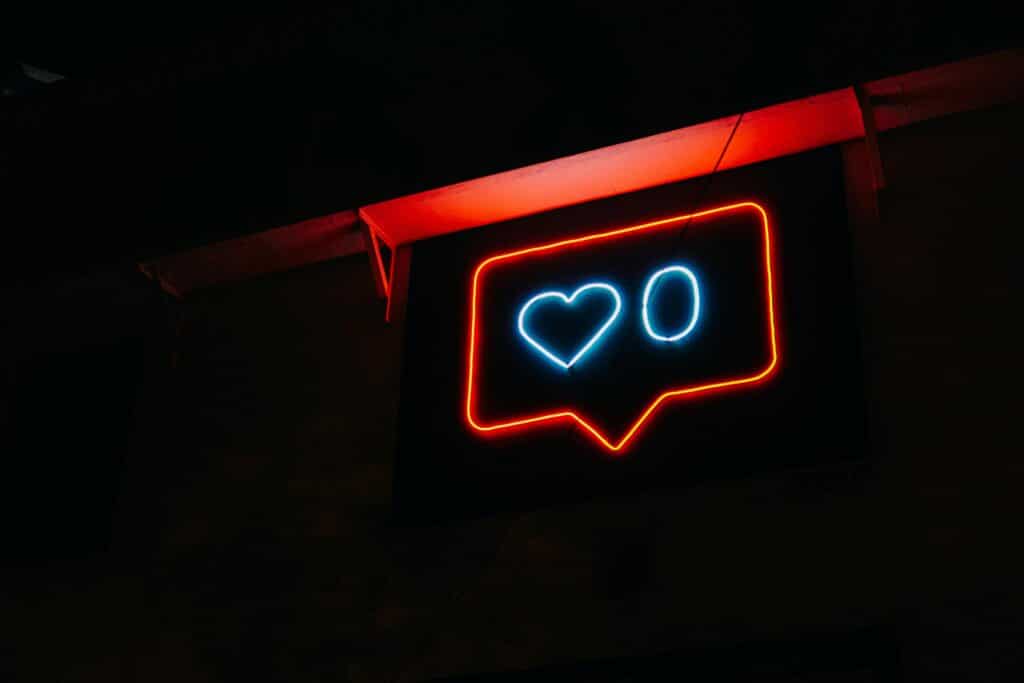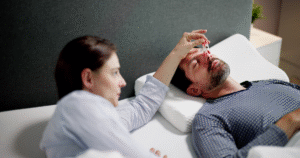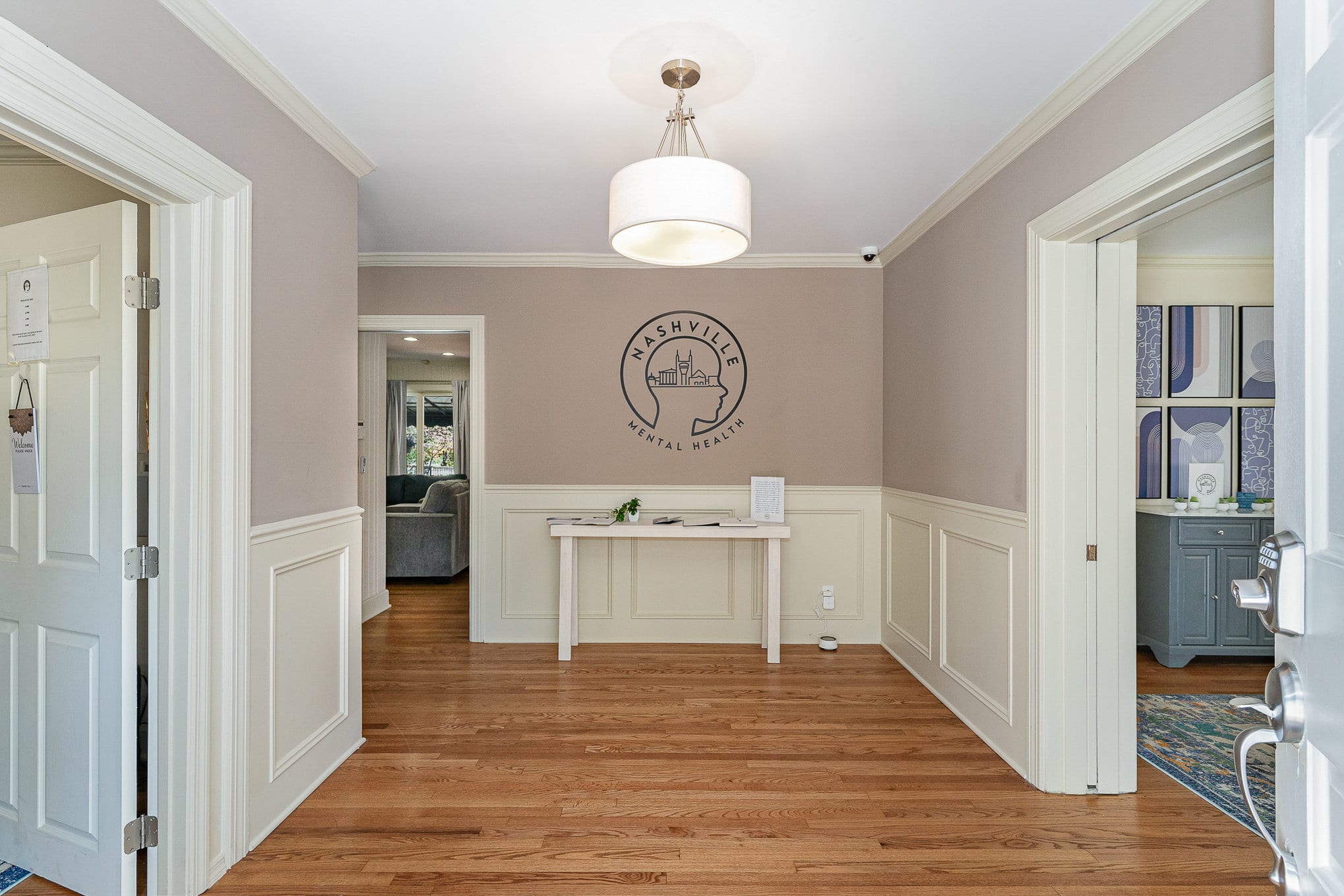Media is all around us. It’s on our phones, TVs, computers, and even in video games. Kids and teens spend lots of time using media every day. But how does media affect how we feel about ourselves? That’s called self-esteem — the way we think and feel about who we are.
Let’s explore how media and self esteem are connected. We’ll look at the good, the bad, and what you can do to stay strong and confident in a digital world.

What Is Self-Esteem?
Self-esteem is how much you like yourself and believe you are a good person. When you have high self-esteem, you feel proud, happy, and confident. If your self-esteem is low, you might feel sad, shy, or think you’re not good enough.
Nashville Mental Health
What Is Media?
Media includes things like:
- TV shows
- Movies
- Videos
- Ads (advertising)
- Social media platforms like Instagram, TikTok, Snapchat, and YouTube
Technology makes it easy to use media anytime, anywhere. This accessibility can be helpful, but it also brings risk.
How Media Shapes Self-Esteem
Many kids compare themselves to what they see on TV or social media. This is called social comparison theory. It means people look at others and decide if they are better or worse than them.
If someone sees pictures of people with “perfect” bodies, fancy clothes, or cool vacations, they might feel left out. They may think, “Why isn’t my life like that?” That can hurt confidence and life satisfaction.

The Power of Pictures and Selfies
Have you ever taken a selfie and then decided not to post it? Maybe you thought it didn’t look good enough. That’s because of body image — how we feel about how we look.
Some teens get negative feedback or no likes at all. Others may get positive feedback but still feel pressure to post more. This leads to problematic social media use and even addiction.
People sometimes change their photos using filters. This creates an image that’s not real, which can lead to body dysmorphic disorder. That’s when someone sees flaws in how they look, even if others don’t see them.
The Role of Social Media
Social media can be fun. You can talk to friends, share your art, or follow your favorite stars. But social media can also cause:
- Cyberbullying
- Fear of Missing Out (FOMO)
- Peer pressure
- Feelings of loneliness, shame, or failure
Many social media platforms use data to decide what to show you. They might push content that gets your attention, even if it makes you feel bad. This can affect your mood, emotion, and even your sleep.
Media and Mental Health
Too much screen time can hurt both your mind and body. Experts in cyberpsychology and developmental psychology say kids need balance.
Too much media can lead to:
- Depression
- Anxiety
- Stress
- Substance abuse
- Suicidal ideation
Some youth even turn to alcohol or drugs to cope. This shows a strong correlation between media and poor health.
What Research and Statistics Show
Here’s what research and statistics say:
- The more social media comparisons you make, the worse you feel.
- Kids who get critical thinking skills from media literacy programs feel better about themselves.
- Sampling studies show social media affects human behavior, especially in girls.
- Bias in media can hurt kids who are a different gender, race, or identity.
The Influence of Advertising and Beauty Standards
Ads often show people who look perfect. But these images are often edited. These ads may tell you that being “beautiful” is the only way to be happy. But that’s not true. Beauty comes in many shapes and forms.
Advertising can also make you want to buy things to feel better. This can affect your motivation, identity, and even friendship choices.
The Dangers of Social Media Lawsuits
Because of these problems, some parents and lawyers are filing social media lawsuits. They say social media companies know their platforms can cause harm. Groups like the Mind Institute study how media affects youth.
Some lawsuits include:
- Teens harmed by cyberbullying
- Children with schizophrenia worsened by online content
- Cases of suicidal ideation after harmful posts
This shows the importance of creating safer online spaces.
Nashville Mental Health
How Parents and Communities Can Help
Parents play a big role. They can:
- Talk with their kids about what they see online
- Teach media literacy and critical thinking
- Model healthy behavior
- Limit screen time
Community programs, schools, and organizations can also help by offering:
- Therapy and mental health support
- Safe places for conversation and coping
- Peer group activities that build social skills
Tips for Building Self-Esteem in a Media World
Here are some ways to stay strong:
- Limit screen time and take breaks
- Follow pages that make you feel happy
- Unfollow accounts that make you feel bad
- Remember: not everything online is real
- Talk to a parent, teacher, or counselor
- Focus on things you like about yourself
- Practice empathy and be kind online
- Don’t chase likes — chase happiness
Real Life Is Not a Highlight Reel
What you see online is often just the best parts of someone’s life — like a holiday or party. But everyone has hard times. Don’t compare your full story to someone else’s one happy photo.

FAQs
1. What is the connection between media and self-esteem?
Media and self esteem are linked through how people compare themselves to others. Social media often shows perfect images, which can hurt confidence.
2. How can I stop feeling bad after using social media?
Take breaks, unfollow negative accounts, and talk to someone you trust. Try to spend more time doing things you enjoy offline.
3. Can media really cause mental health issues?
Yes. Studies show a connection between too much media and problems like depression, anxiety, and addiction.
4. What can parents do to help?
Parents can talk with kids, set limits, and teach about media in a smart way. Helping kids feel loved and supported also boosts self-esteem.
5. Are there safe ways to use social media?
Yes. Use it to connect, learn, and share things you care about. Be kind, don’t compare, and remember your worth isn’t based on likes.
Nashville Mental Health
Final Thoughts
Media is powerful. It can shape the way we feel, think, and act. But with the right tools, knowledge, and support, you can protect your self-esteem and stay confident in a world full of screens. Contact us today or visit SAMHSA for more information.
Remember: You are more than your likes. You are smart, strong, and worthy — just the way you are.









